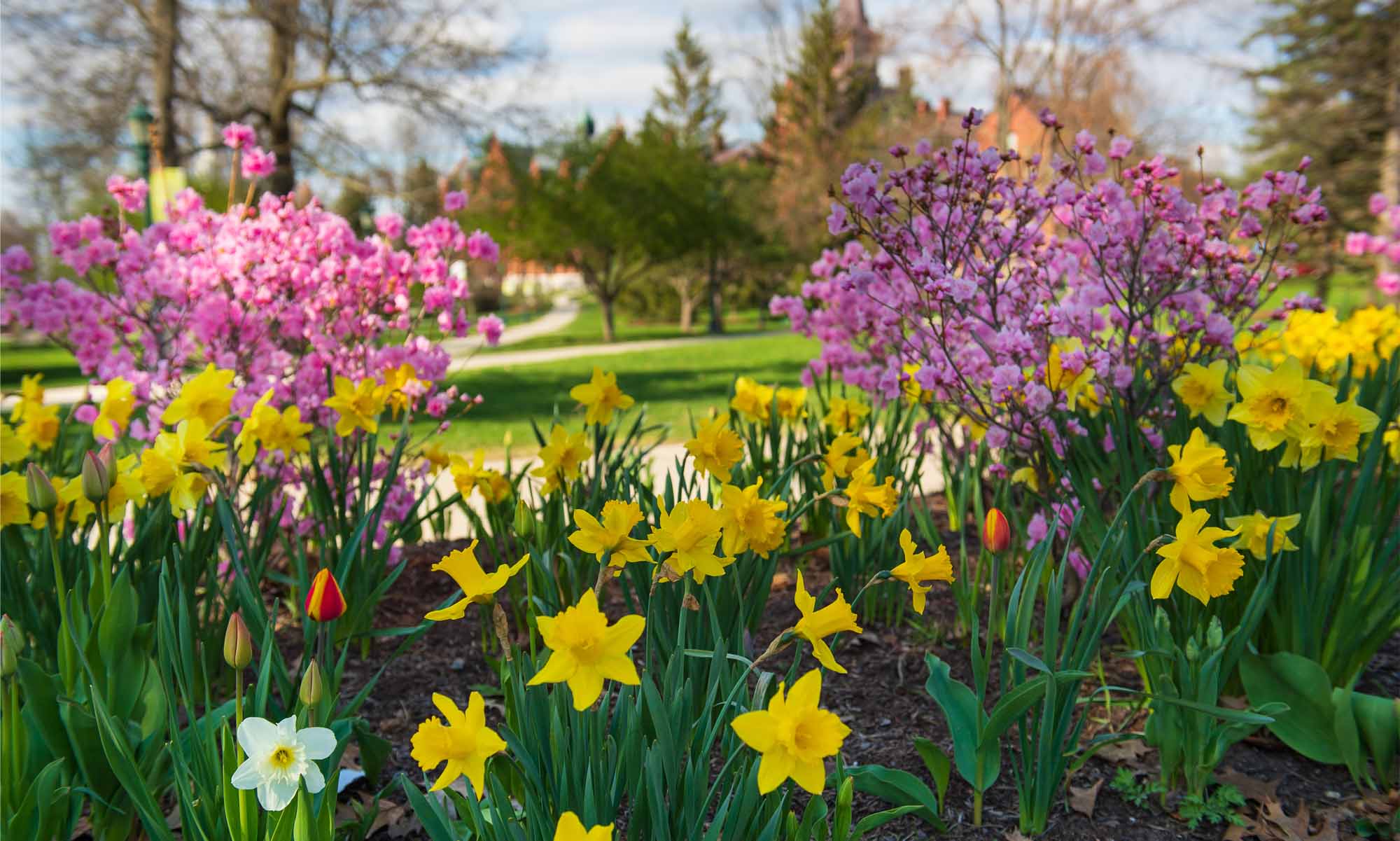
New research on rural New Englanders shows that gardening, hunting, fishing, foraging, raising poultry and/or livestock, and other home and wild food production (HWFP) activities are important tools for maintaining food security through extreme events, such as pandemics or climate change events.
University of Vermont and University of Maine researchers, led by Nutrition and Food Sciences Associate Professor Meredith Niles, found that both food insecurity and HWFP increased significantly during the COVID-19 pandemic, and those who undertook HWFP activities exhibited improved food security nine to 12 months later.
The UVM research team included Meredith Niles, Ashley McCarthy, Sam Bliss, Emily Belarmino, Scott Merrill, Sarah Nowak, Jennifer Laurent, Farryl Bertmann, and Rebecca Mitchell. Read more about the research here.

